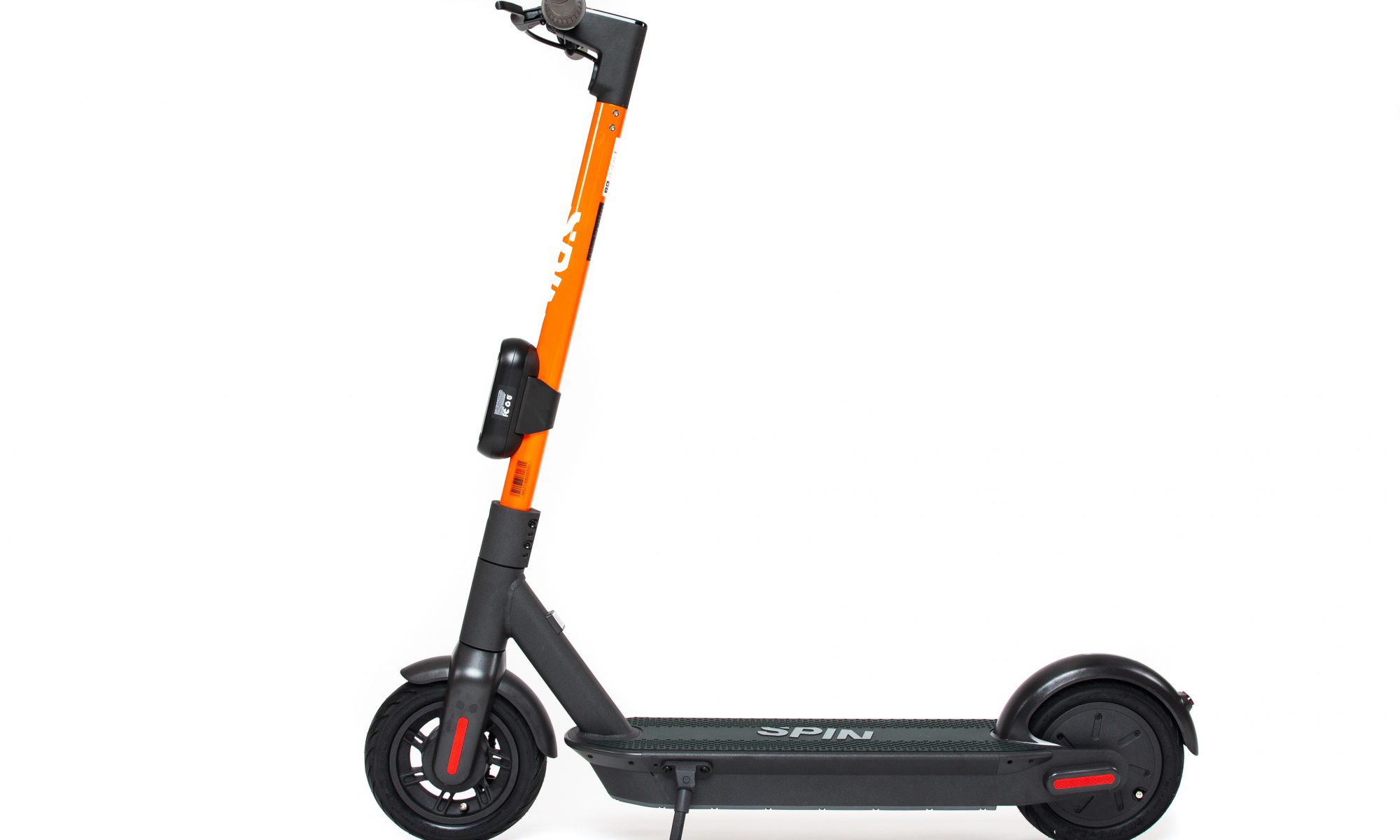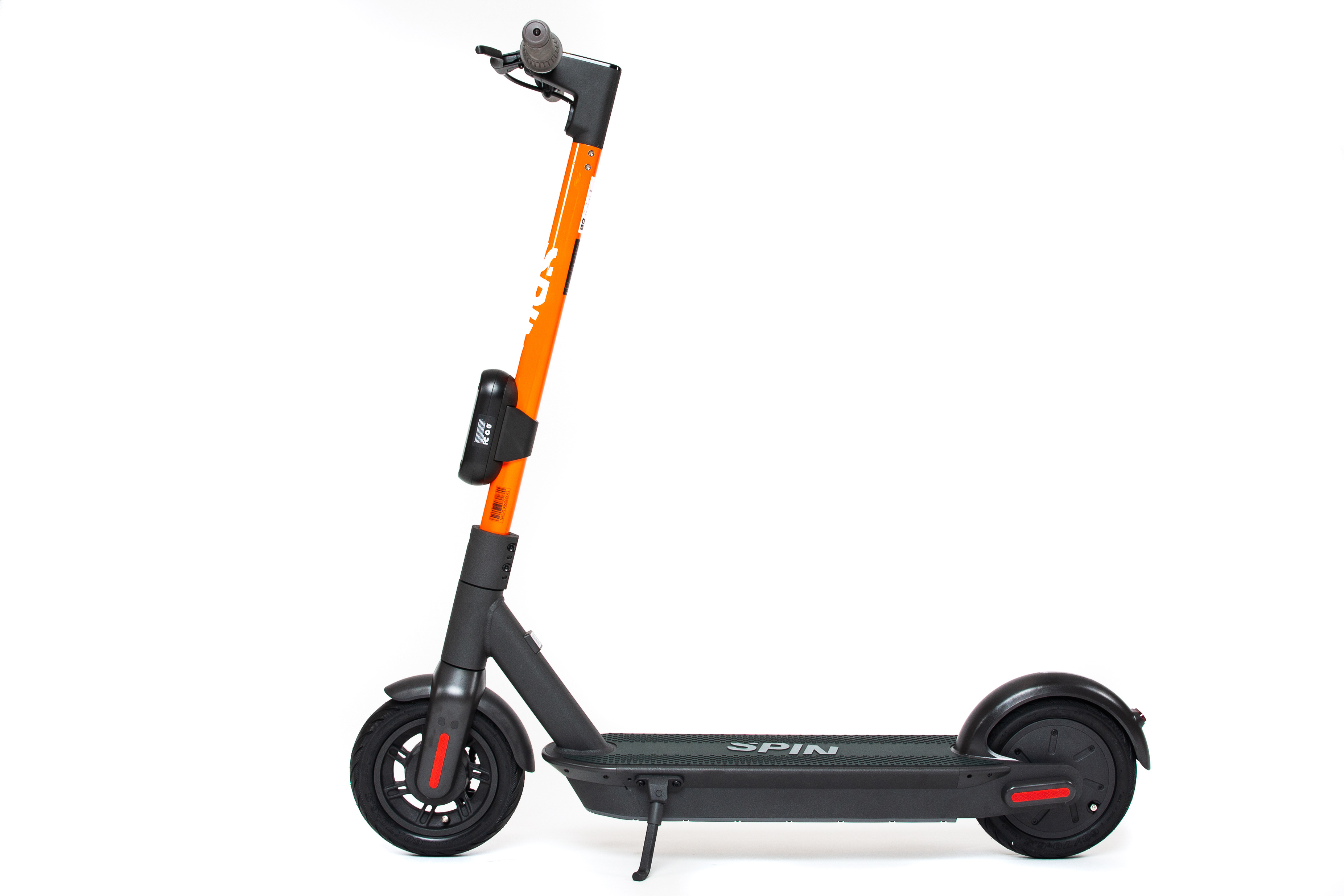It looks like the return of Softbank’s Vision Fund may be less reliant on murder money and more reliant on Microsoft’s money-making machine for its backing.
The rumored involvement of Microsoft in financing Softbank Vision Fund II (electric boogaloo?) is interesting for what it may indicate about how the relationship between venture investors, startups, and the large corporations that dominate the tech industry are changing.
If the name of the game is platform and services, then corporate behemoths like Microsoft, Alphabet, Amazon and Apple are in interesting positions to invest in startups as a flywheel for growth in some of their most profitable and strategic business units.
To some extent this has always been true, but it’s becoming more important now as web services become larger slices of the corporate balance sheet at these three companies (particularly — although IBM is also playing in this game). Basically, like corporate accelerators and venture arms, investing in SoftBank is another service that’s being potentially offered to lock in startups to corporate cloud ecosystems.
While there are no guarantees that a nudge from an investor to use one tech platform for web services over another would make any difference, it’s clear that big tech companies like Amazon, Alphabet and Microsoft are all over startups to use one web stack over another.
Amazon has tied itself ever more tightly to the Techstars ecosystem of incubators for new tech companies, Microsoft has its own corporate accelerator programs and investment arm and Alphabet does the same.
As technology continues to advance, the big companies have more services they can offer to tech companies, that will be increasingly more compelling and drive increasing revenue.
All three big companies mentioned above (and even IBM, bless its big blue non-existent heart) have machine learning tools that they’d love to provide as a service to startups as well. And even as IBM sunsets Watson as a balance sheet item (an event that was an elementary conclusion to anyone who’s tracked its long, slow spiral), machine learning services are going to become a larger slice of revenue for the providers who can effectively tie startups into those services.
Most entrepreneurs pay lip service to the fact that enhanced algorithms are going to become table stakes in new product offerings so observers can watch that become another engine of growth for the big companies that can get it right.
Also, startups are going to increasingly become a sales channel for big tech, even as big tech has traditionally been a sales channel for startups.
Software as a service businesses using a freemium business model have an easier time getting into a corporate environment than Microsoft or Google . And even as the productivity suites from these companies battle it out (Verizon, FWIW, is team Google for now), some of the money flowing to a SAAS company’s coffers from a big corporate entity will ultimately wind up in either Microsoft, Amazon, or Alphabet’s returns.
This model also helps venture investors who now have more assurance that there will be late stage capital to bolster their businesses (including really really bad ones) although most traditional firms have a love-hate relationship with Masayoshi Son’s gargantuan investment vehicle.
Finally, there’s the simple fact that divorcing Softbank from Saudi Arabia’s journalist killing murder money is a good thing for the firm and the larger technology industry, which has enough moral conundrums to consider without adding (still another) problematic geopolitical relationship to the mix.
Source: Tech Crunch








